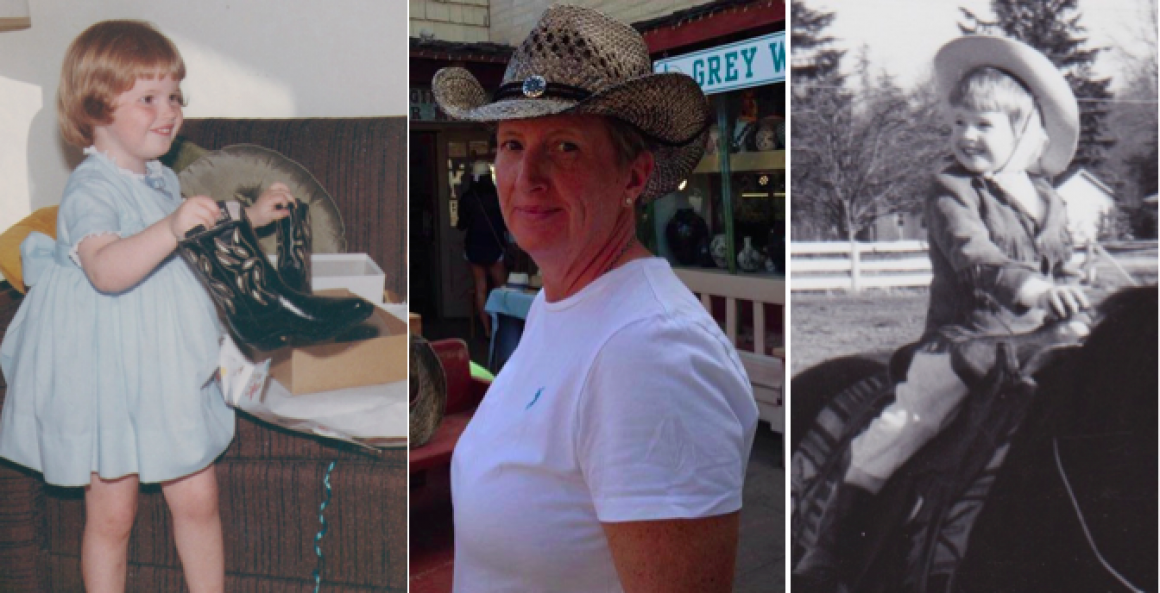I feel like I just returned from four days on the moon instead of from four days at a writer’s conference at the Sea-Tac Hilton, so completely was I transported out of my daily existence. Even though I joined the Pacific Northwest Writers Association a few months ago with an eye toward the conference, I signed up at the last minute, still unsure if I was ready, unconvinced I could learn anything new about writing. But a small voice niggled in the back of my mind, and I’ve been working on listening to the voice instead of dismissing it as I’ve done most of my life.
I’m so glad I listened. I could not have imagined a richer four days. The workshops were all excellent—each one exceeded my expectations. The other writers were open and supportive, friendly, and talkative—all of which surprised me, I guess because writers are notoriously introverted (well, at least I am), and since there were NY agents and editors at this conference, I expected a sense of competitiveness. I couldn’t have been more wrong. I sat down at the table with the Memoir sign and within 10 minutes I was joined by three other women. We took turns sharing our stories and giving each other feedback, all instant compatriots linked by our love of words, all of us with four incredibly different stories.
I sat in a workshop called “First Page” in which attendees submitted the first page of their book to be read aloud by a volunteer. As she read, the panel of judges (5 agents/editors) were to raise their hand at the point where they would stop reading (this to give the writers in the room a sense of what catches an agent or editor’s attention or makes them hate one’s work). Once three hands were up, the volunteer stopped reading and the panel members told the audience what made them stop reading. The first handful of first pages didn’t get very far before the hands shot up. Common complaints from the panel included confusing openings, too much narrative, too much tell and not enough show. I began to regret handing over my first page—I wasn’t sure I could handle my work being judged like this. But then, a couple of pages got read all the way to the end and the panel had kind words. I started feeling better.
And then. Then I saw the volunteer reader holding my page (I could tell—it was double-sided). I started sweating (beyond the “normal” hot flashes I’ve been experiencing of late), my heart pounding. I entered that out of body orbit and I tried to pay attention as the volunteer read my first page. She got through the first paragraph and one hand was up, but the other panel members seemed engaged. Second paragraph—the one hand that was up seemed to flag a little (and honestly, this panel member didn’t seem to like much of anything). Other panel members were still listening, smiling even. And at the end, everyone applauded. The panel members complimented me on my clear writing, crisp language, and engaging story. The one male member of the panel said he wanted to know what happened to that little girl and felt for her and her dilemma.
Validation. I floated out of that workshop. What had been a casual decision to attend it at all turned into the most critical moment of the conference for me. People liked my story! Visions of publication danced in my head. Editors and agents will beg to represent me, I thought. And, in fact, all of the agents and editors I pitched to later that day invited me to submit my work to them for consideration, and I have since my return on Sunday.
But a few of the agents/editors I spoke with wondered what my “hook” was and how my story was relevant, and this question has me deep in thought as I work to finish my memoir which, for those who are wondering, is tentatively titled Co-Parent: How I Became a Divorced Lesbian Mother of Two Adopted Multi-Racial Girls in the Not So Gay 90s. I thought my hook was evident: same sex marriage is all over the headlines. What’s more relevant than a story about same sex divorce and custody? Still, a couple of these women asked why anyone would want to read my story, when it happened so long ago. Which makes me wonder . . . why do we read history? And how can I make my history more relevant?
Interestingly, the agents/editors who asked these questions were all of my generation—late 40s to late 50s—and those who were more enthusiastic were younger. And this disparity also has me wondering if those of us who grew up in the 60s and 70s, no matter how liberal we might be, still carry traces of homophobia with us in spite of recent cultural advances.
So, I’ve decided to crowd-source my “hook“—what will make my story appealing to readers outside of the narrow “divorced adoptive lesbian mothers” demographic?
I was heartened to find this Doonesbury cartoon in the Sunday paper—it made me feel that my story was indeed relevant, but I’m no Gary Trudeau. I need to convince agents and editors to take a chance on unknown me.
